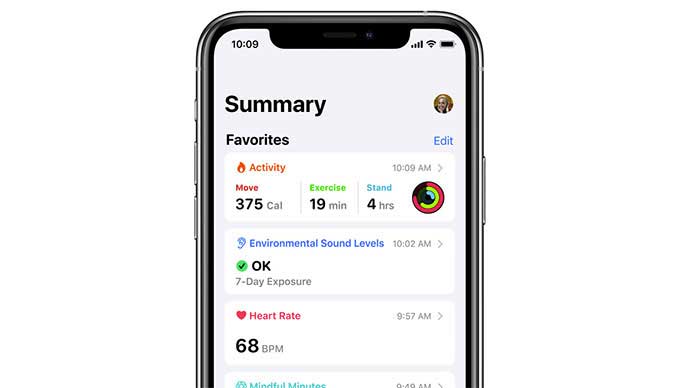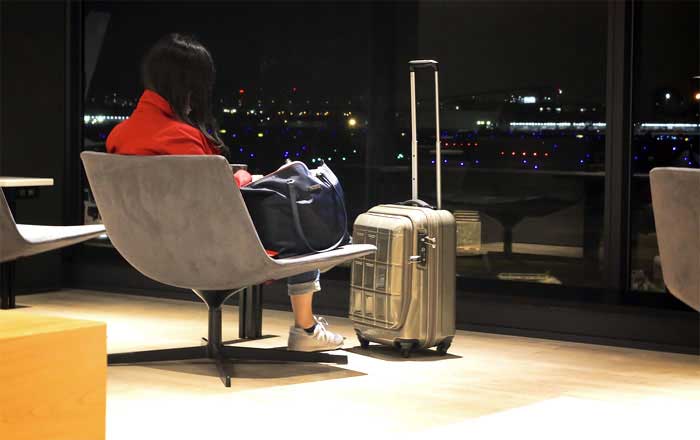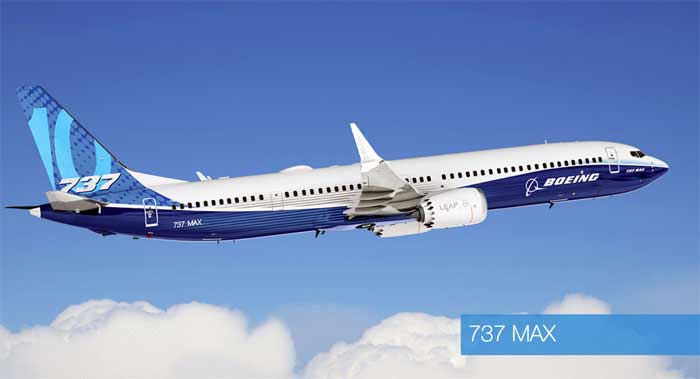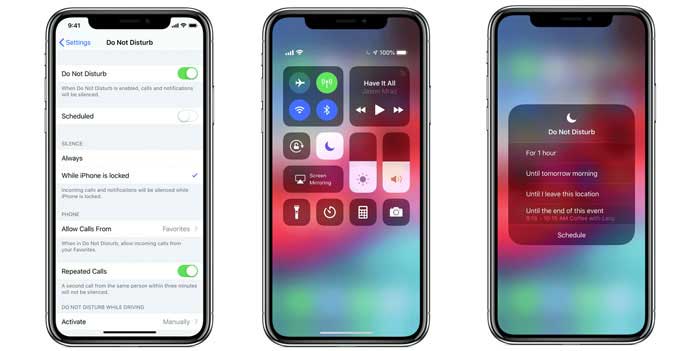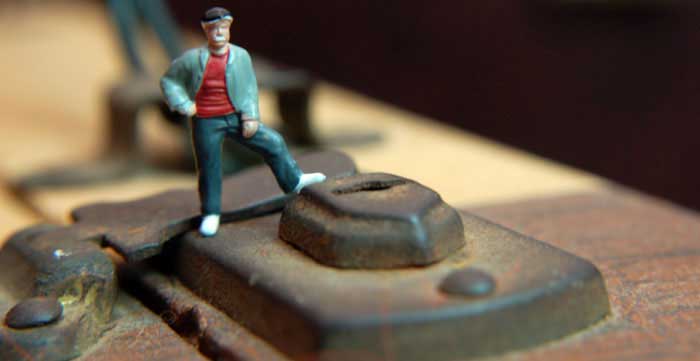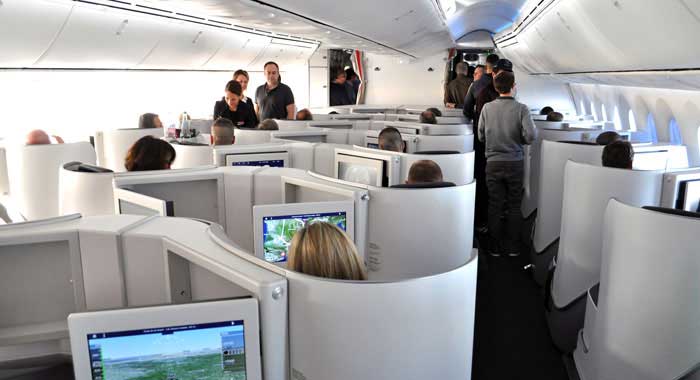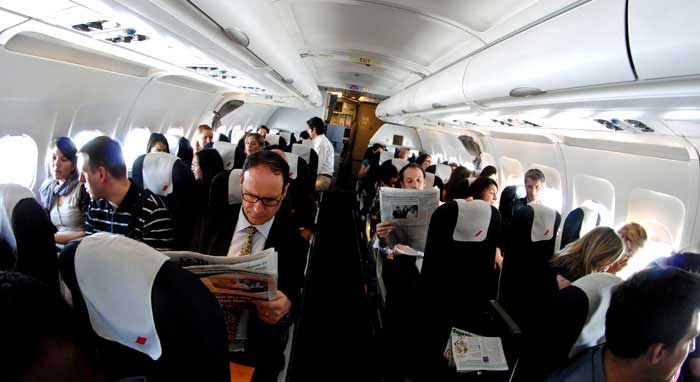New year, new life, new opportunities to improve habits and here are some ideas for corporate travelers to make the most of their business trips.
First of all, as you spend a considerable amount of your life traveling, you should make the most of it. If you are travelling, you are not sticking to a 9-5 hours or getting weekends off, traveling takes over your whole life. This means you should have some fun. Kat Cohen, a university admissions counselor and founder of IvyWise, hopes to build in time to experience one event that is for pleasure on each business trip, even if it's just a meal or one museum.
Cheryl Andrews, president of Cheryl Andrews Marketing Communications, also hopes to work at least one event of culture or beauty into every trip. She started in early on her resolutions this past fall, flying in to London ahead of a November business trip to tour the Victoria & Albert Museum and attend a classical concert.
Leon Rbibo, who frequently travels to Tahiti, Japan and Hong Kong for his Los Angeles-based jewelry company, The Pearl Source, says one of his resolutions for 2016 is to extend my arrival and departure by one day each; landing a day early and staying a day later in order to take the time to enjoy some of the places I visit.
When you are travelling, it's easy to eat junk food, especially when you eat out and are jet lagged, also it is hard to keep a routine of exercise. Therefore, as a new year resolution, business travelers should attempt to stay fit and exercise while traveling, go to the fitness centers at the hotel, enjoy sports outside in the city they are visiting, enjoy nature and try to eat healthy. Also travelling can be unsettling and stressful, so just try to stay calm and find a way to do that, even if it includes meditation or reducing caffeine, plus exercise should help you to do that.
Jamie Sigler, founding partner of J Public Relations, based in San Diego, plans to leave time to listen to a daily meditation to keep calm and carry on when I am traveling for work. Two apps I'm loving are buddhify and Smiling Mind.
Sigler's colleague at J Public Relations, Ali Lundberg, pledges to pack her running shoes so she can explore urban trails more.
With not a lot of time to explore a destination during business travel, and the desire to get my morning fitness routine checked off the list, combining the two is at the top my resolutions list, Lundberg said.
As a business professional, the information you possess on your electronic devices or online is probably confidential, but you mostly work online, so you have to take the necessary precautions to protect yourself online.
David Grubb, president of CMIT Solutions of Tribeca, an information technology solutions and services company, is encouraging clients to improve their cybersecurity in the new year so that they're as safe online on the road as they are at home.
Grubb recommends backing up all data, updating passwords, avoiding public Wi-Fi (including free airport networks) because the networks are not secure, and using the two-step authentications for all financial or purchasing transactions.
To be healthy and stay fit, it is important to exercise, but workouts should only be 20% of the effort. 80% is nutrition. Therefore, if you have to, change up your dinner plans and cut out snacks. In fact, losing weight and being healthy is always on everyone's New Year's resolutions list.
Jared Blank, chief marketing officer of Deal News, a shopping comparison site based in Alabama, says travelers who frequent the same cities for work tend to fall into a rut where they eat at the same restaurants every time they go... But to spice things up, they should try and avoid the same places they always go to. This would also maker the trip more fun.
Gayle B. MacIntyre of Global Ink Communications says that as a frequent business traveler who works in the hospitality industry, my resolution for 2016 is to cut out the peanuts, pretzels and Biscoff cookies. Empty calories add up for frequent business travelers. Arriving at a destination sans the salt and sugar has got to be a better and healthier way to arrive energized.
Another resolution could be not to rush the connecting flights. This might not help those who hate hanging around the airport, but Pamela Wagner pledges to build in three to four hours between flights as a way to cut stress.
Why? I can absolutely calmly go into one of the lounges and enjoy all their facilities, and have a good two to three hours of concentrated, uninterrupted work, said Wagner, who has her own digital marketing business and is currently based in Austria.
Even if you are not are frequent flyer on an airline, Wagner it's worth it to pay for an airline lounge pass to access showers, work stations, good food and drinks. After that relaxing, self-pampering period, she can calmly board her flight, watch a movie, get some rest and be ready to work. It's an ideal rhythm, she said.

